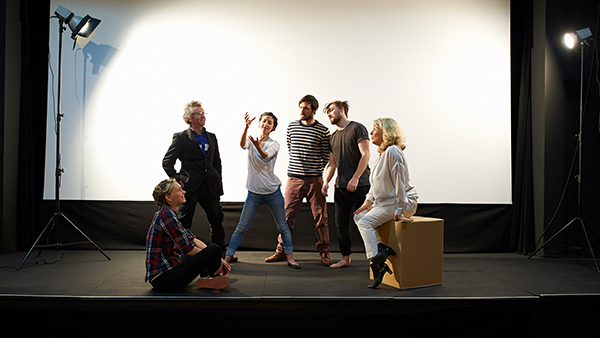Dear Michael
Thank you for your lecture here at the RSA a couple of weeks ago. It was eloquent and robust and sparked some fascinating debates face to face and on-line. We didn’t have much time for discussion on your visit but you kindly offered to try to respond to some questions posed through my blog. I am taking up this offer today, hoping to catch you before the summer break. I know from the conversations on my blog site that your response will be of great interest to many people.
Your speeches give a very strong sense of the direction in which you think teaching and learning should travel. Below I have identified seven different aspects of this shift of focus. I appreciate your commitment to parental choice and school diversity, but, as you recognised when we last spoke, if the Secretary of State for Education has a strong view of what works best this is certain to filter through the system one way or another.
I would be very grateful if you could indicate whether I am correct in the seven inferences I have drawn. I am sure that I have failed to capture all the nuances of your thoughts and policies and that you will want to qualify my summary points, but it is the direction of travel in Conservative thought that I hope we can help to clarify through this exchange.
Thank you in advance for participating. As I say, I am sure it will be of great interest to many people who care passionately about the education of young people.
1. Curriculum content should contain the classical canon of history, literature and scientific knowledge and we should pull back from seeking to make content more relevant to the contemporary concerns and lives of young people. Young people should be discouraged from pursuing newer or non traditional subjects like media studies, which are not seen as credible by the best universities.
2. The curriculum should be delivered though traditional subject disciplines and not through approaches emphasising cross cutting themes and competencies, such as, for example, the RSA’s Opening Minds.
3. (Something I heard emphasised by your number two, Nick Gibb), the practice of the best schools shows traditional chalk and talk forms of pedagogy are superior to practical, project based, forms of learning.
4. Schools should focus much more on the core activity of imparting knowledge. Children’s wider development is best enhanced through extra curricular activities such as schools clubs and societies but not through ‘teaching’ life skills or well-being.
5. Schools should be institutions that are primarily or even exclusively about learning and should not be required to engage in the wider delivery of children’s or community services.
6. Rather than blurring the divide between academic and vocational learning we should assert it, with, for example, 14-19 Diplomas restricted to vocational content.
7. Implicitly, strategies to widen participation in learning should not include developing forms of content and levels of assessment which enable more children to succeed: more should rise to the bar, the bar shouldn’t be moved to allow more to jump it.
I look forward to your response. And, of course, there is a standing invitation for you to return to the RSA to debate any of these matters further.
Best wishes and thanks
Matthew
Related articles
-
Vision and distinctiveness: An RSA Academies retrospective
Colin Hopkins
After 10 years, RSA Academies officially closed its activities on 31 March 2022. In that time the project has engaged some 15,000 children and young people. Read this retrospective analysis of the project from Colin Hopkins.
-
Four priorities for the cultural education workforce
Mark Londesborough
A recent workshop with RSA Fellows provided invaluable insight into the key concerns and opportunities facing cultural education workers and employers.
-




Be the first to write a comment
Comments
Please login to post a comment or reply
Don't have an account? Click here to register.